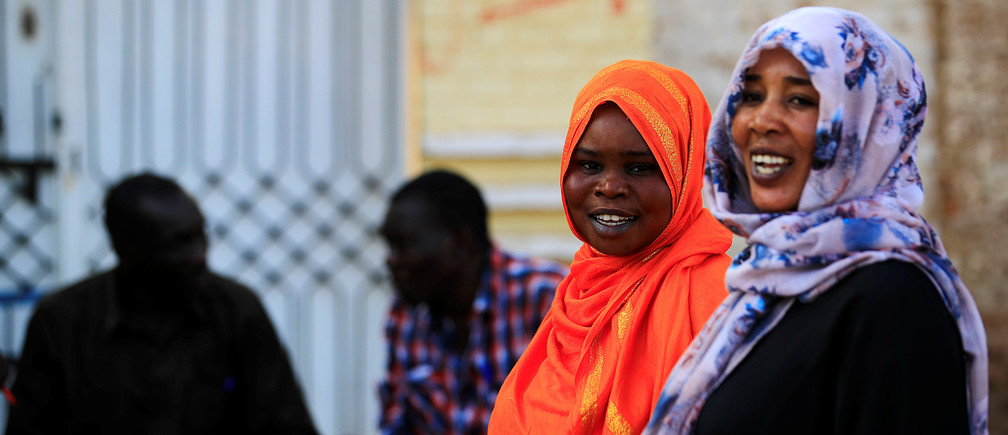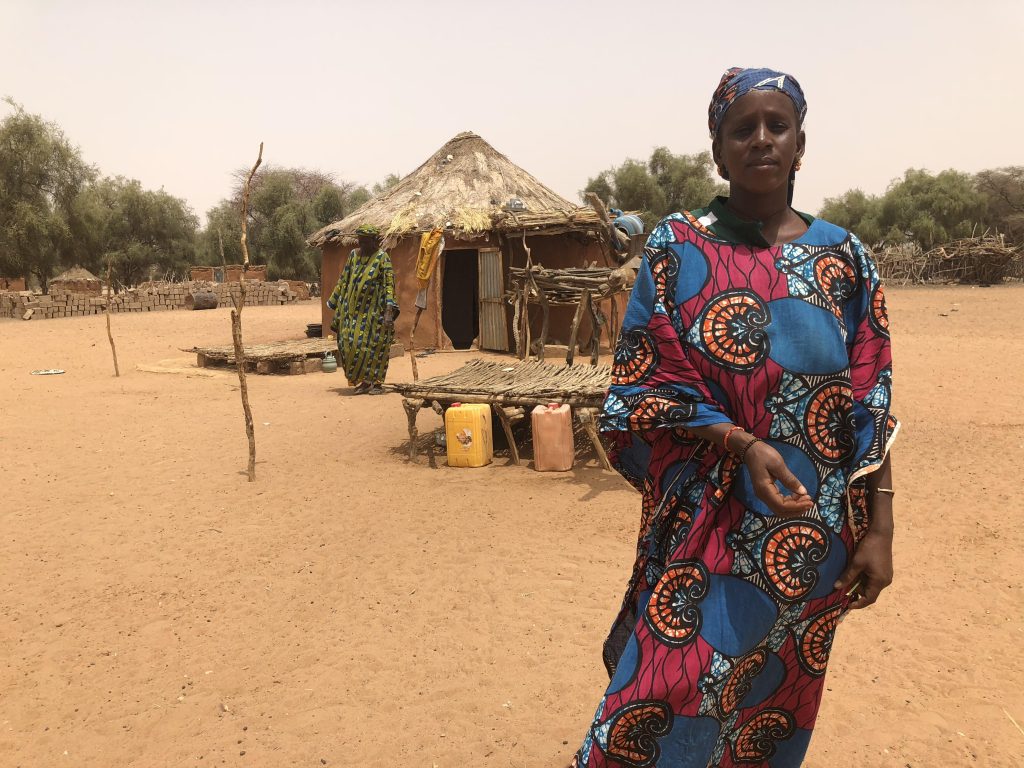
It was another day of agony for Rizeena, as she waited with her family at their home in eastern Sri Lanka to meet yet another potential husband for her sister – the 46th time they have tried to find someone to marry her in the past decade.
Most of these meetings last only a few minutes before Rizeena’s parents have to explain that they cannot afford to give her 35-year-old sister Fathima a house in their hometown of Sainthamaruthu, 350km (217 miles) from the capital Colombo.
“The first question bridegrooms’ families ask is if (she) will be given a house as dowry and when we say we are trying to buy one, they leave,” said Rizeena, who like her sister did not wish to give her real name.
“We just can’t afford it. It is very expensive,” said the mother-of-three from the front hall of her home, which her parents gave her as dowry.
On Sri Lanka’s eastern coast, land with a house is a must for Muslim women of marrying age, but civil activists say the custom of dowry is sending land prices skyrocketing, leaving many women without partners or future financial security.
“Dowry is an inevitable devil in this culture,” said Minnathul Suheera, a women’s rights activist and sociology lecturer at the South Eastern University of Sri Lanka.
“For an average middle-class family, it’s very difficult to get a huge loan to buy the land and house for dowry,” she said, adding the practice of paying dowry is the root cause of rising land prices in the region.
“It’s a complex issue which nobody wants to address. A lot of people are indebted because of buying lands and houses for dowry. There is very little chance of compromising on dowry,” Suheera said.
A SECURE LIFE
Land is in high demand along Sri Lanka’s overcrowded east coastal region, where the latest government data shows that some villages have more than 100,000 people per sq km.
One perch, or 25 square metres, of land in Sainthamaruthu would have sold for 50,000 Sri Lankan rupees ($270) 10 years ago, according to Hasmy Jaya, a land officer at the Sainthamaruthu divisional secretariat.
Today, the same piece of land can go for 800,000 rupees ($4,300), he said.
Such high prices put land out of reach for many families in the region, leaving them with little to pay as a dowry to their daughters’ potential suitors.
Locals explained that a large number of women in the region do not go on to higher education, so they cannot find jobs and rely on getting married to support themselves.
And women who do work are expected to find husbands more qualified than them, which means their parents will need more land and bigger homes to offer as dowry.
Kaleelur Rahman, a civil society activist at People Action Council in the coastal town of Kalmunai, said women who cannot afford to get married usually end up relying (financially) on their parents.
“Once their parents die, they will depend on their close relatives,” Rahman said.
FOREIGN MONEY
Populations on Sri Lanka’s eastern coast continue to grow, putting more pressure on the amount of available land.
There are currently about 30,000 people living in Sainthamaruthu, according to local government data, a nearly 18% rise since the last census count in 2012.
As a result, the land size for each family has dropped to a third of what it was a decade ago, said M.A.M. Rafi, another land officer for Ampara district.
“A single house in a 10 perch (250 sq m) piece of land a decade ago has now become a small settlement with many houses and many families,” he said.
Local civil rights activists say another factor driving the spike in land prices is professionals abroad, mainly in the Middle East, buying land as dowry for their sisters and daughters.
In the coastal village of Akkaraipattu, for example, for every three families, there is one member working as an expat in the Middle East, according to civil society group Human Elevation Organisation (HEO).
“They can afford and buy a lot of land with the money. That has created a (monopoly) in the land market and made the prices really unaffordable for others,” said Nihal Ahamed, chief executive officer of HEO.
M. Sameem, a former expatriate who was working in Qatar, said that the rising prices make land a safe place for those working overseas to put their money.
“Expatriates buy land first for their female family members, to be given as dowry, and then they see it as a better investment than keeping the money in savings or in fixed income,” he explained.
Siraj Mashoor, a political activist and former Akkaraipattu councillor said authorities have failed to address the issue of dowry because they do not see it as a problem.
“There are no policies on dowry from the government because it is seen as justifiable by many in the society,” he said.
The Ministry of Lands did not respond to requests for comment.
LIVING TO BUY LAND
In the town of Kalmunai, Mohamed Razik, a 54-year-old father of two, has been struggling to complete his 75 sq m (807 sq ft) house since 2005.
The house is meant for his only daughter, who is 28 and has been waiting to get married for more than a decade. Until it is finished, they have no dowry to offer, Razik said.
The problem, he noted, is that he cannot expand the house because there is no land for him to buy.
“They (suitors) all ask for a house on six perch (150 sq m) of land. But, I can’t afford it,” said Razik, who makes just over $1 a day at his food stall.
He said he needs another 1 million Sri Lankan rupees ($5,380) just to complete the downstairs of the house.
“When it comes to land and dowry, nobody wants to speak about it and it has become a taboo subject in this community,” he lamented.
“I have been using all my savings in the past 15 years to build this house. But, it has become just impossible.”

